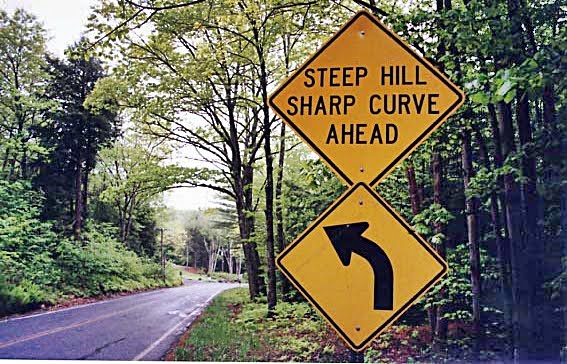Steps to Take When You’re Starting to Feel Burned Out
Being burned
Being burned out hurts. When you burn out at work, you feel diminished, like a part of yourself has gone into hiding. Challenges that were formerly manageable feel insurmountable. It’s the opposite end of the spectrum from engagement. The engaged employee is energized, involved, and high-performing; the burned-out employee is exhausted, cynical, and overwhelmed.
Research shows that being burned out has three dimensions: emotional exhaustion, depersonalization, and reduced personal accomplishment. When you’re emotionally exhausted, you feel used up—not just emotionally, but often physically and cognitively as well. You can’t concentrate. You’re easily upset or angered, you get sick more often, and you have difficulty sleeping. Depersonalization shows up in feelings of alienation from and cynicism towards the people your job requires you to interact with. One of my coaching clients summed it up like this: “I feel like I’m watching myself in a play. I know my role, I can recite my lines, but I just don’t care.” What’s worse, although you can’t imagine going on like this much longer, you don’t see a feasible way out of your predicament.
It’s this third dimension of burnout — reduced personal accomplishment — that traps many employees in situations where they suffer. When you’re burned out, your capacity to perform is compromised, and so is your belief in yourself. In an insidious twist, employers may misinterpret an employee suffering from burnout as an uncooperative low performer rather than as a person in crisis. When that’s the case, you’re unlikely to get the support you desperately need.








